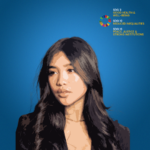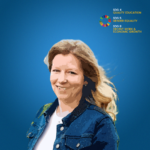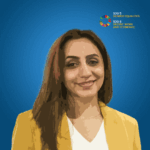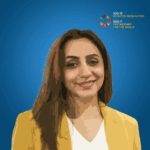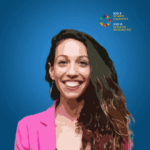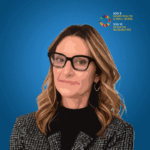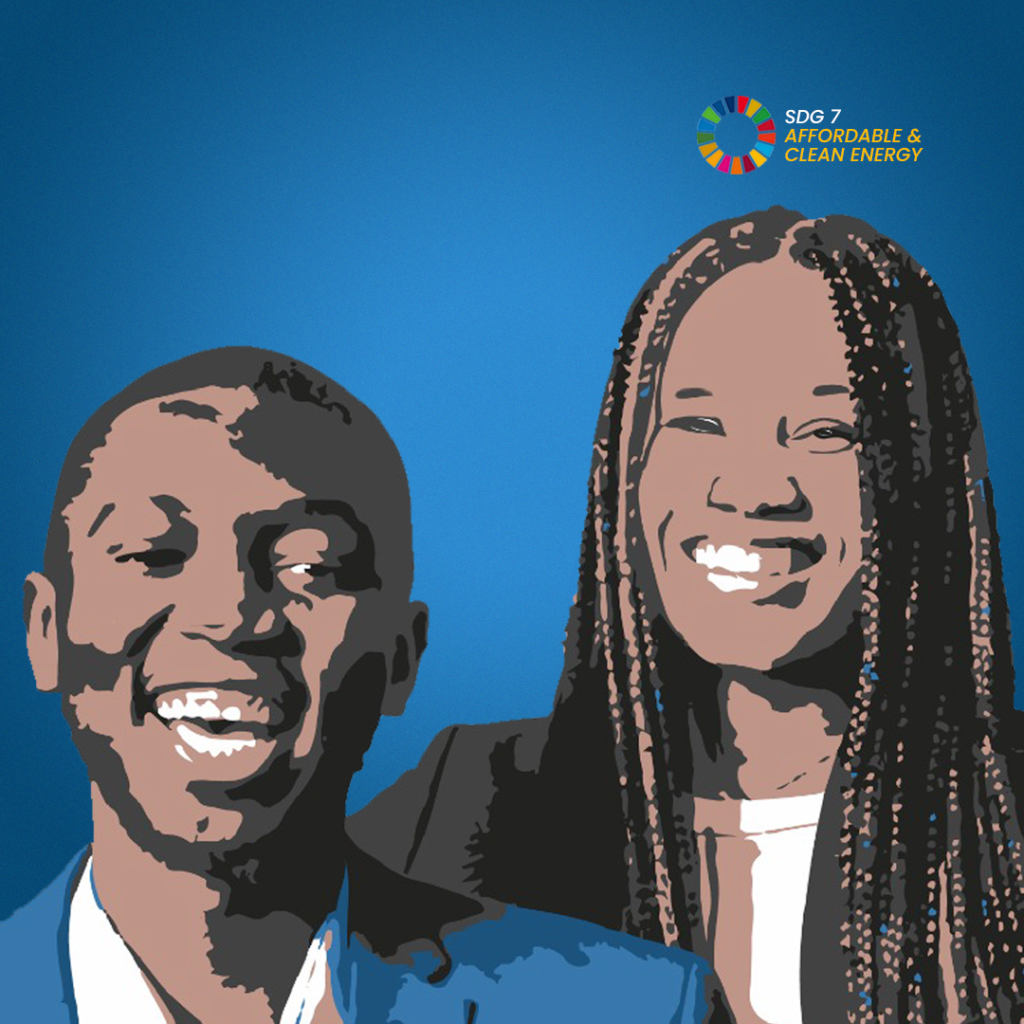
- Season 1 | Episode 05
Lighting Up Africa | SDG 7
Episode Introduction
Credo Voices, the podcast where we bring you inspiring stories of ordinary people doing extraordinary things. I’m your host, Awele Okigbo, the CEO of Credo Advisory. Africa is where the energy access battle will either be won or lost.
According to the World Bank, 600 million people in sub-Saharan Africa live without electricity, with hundreds of millions more having limited or unreliable electricity. Without electricity, Africa can never develop as a region.
And so there is an urgent need for sustainable energy solutions. Access to clean and affordable electricity is crucial for powering health care, improving living standards, enhancing education, driving economic growth and fostering overall development. In this episode, Credo Voices is in the Democratic Republic of Congo, where our guests Chinelo Adi and Benedict Owanga are driving change.
This dynamic energy access duo are advancing Sustainable Development Goal 7,affordable and clean energy. Let’s listen and be inspired by their transformative journey.
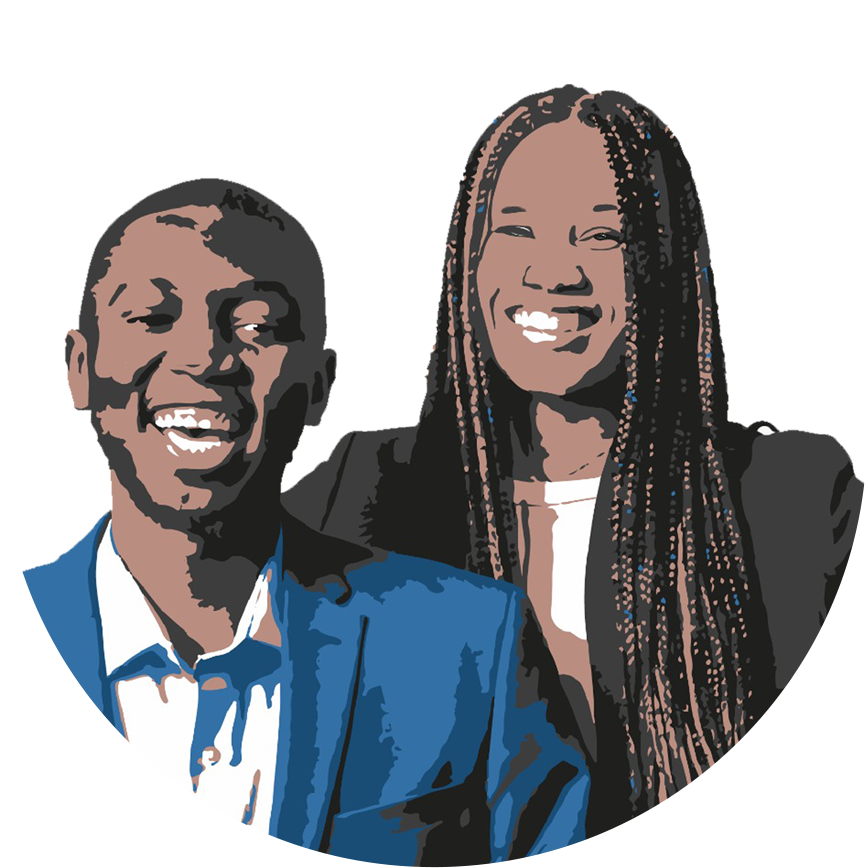
& Chinelo Adi
Owanga Solar
Founded in August 2022, Owanga Solar has secured significant support, including a $10,000 equity-free grant and $100,000 in products and services through the DivInc Accelerator Program.
Owanga Solar’s flagship product, the Chisun battery pack, embodies their commitment to sustainability and affordability.Crafted in Africa from recycled laptop batteries, it offers a solution that’s good for the environment and the DRC communities. Priced at $2 a day, their service offering, enables communities to thrive amidst energy scarcity.
Benedict Owanga and Chinelo Adi epitomize innovation and social entrepreneurship, empowering underserved communities with sustainable solutions.

